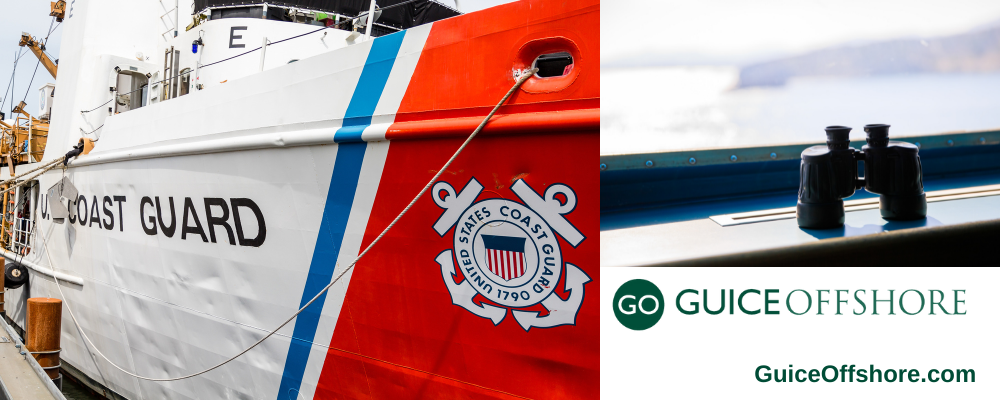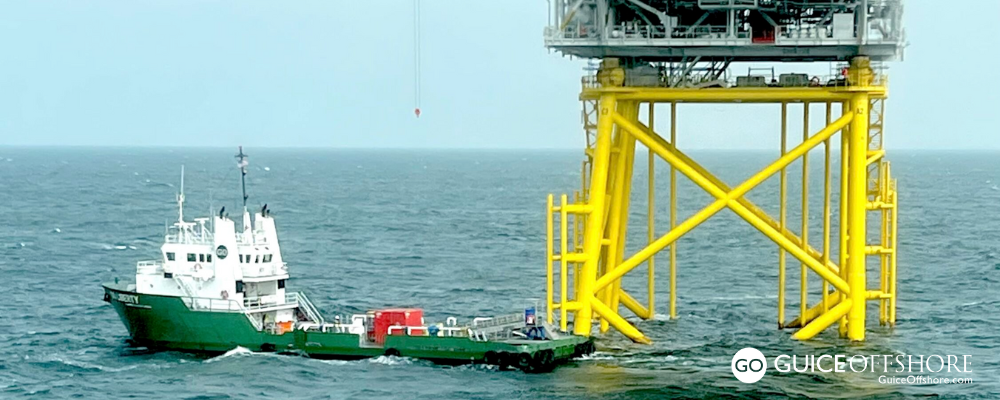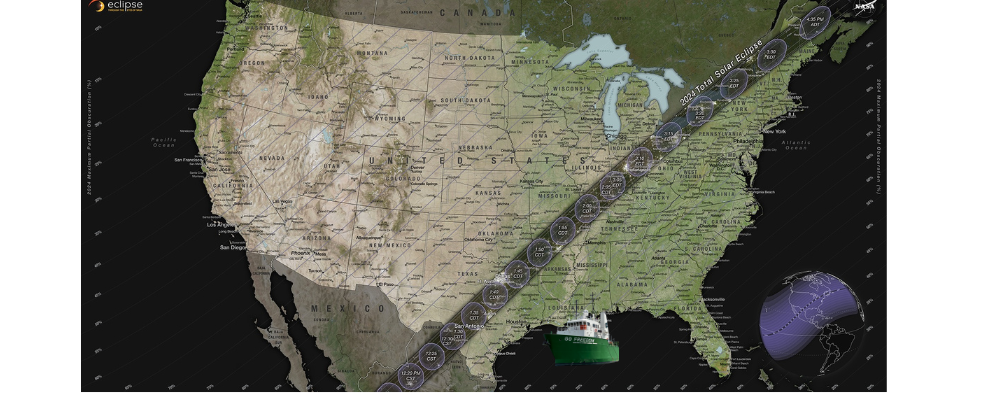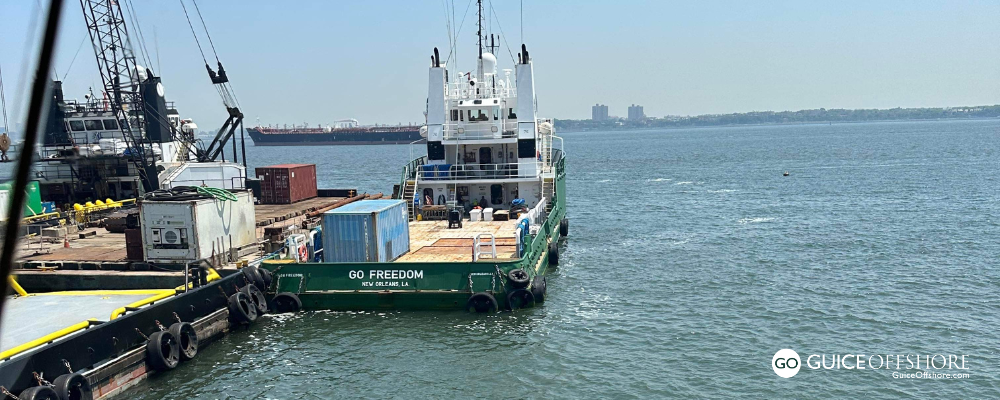Guice Offshore (“GO”) is advising our fellow mariners and maritime professionals that on February 7, 2022, the U.S. Coast Guard will cease the monitoring of all High Frequency (HF) Voice Distress Frequencies (4125 kHz; 6215 kHz; 8291 kHz; and 12290 kHz) in the contiguous United States and Hawaii because they are rarely used anymore.
The Coast Guard will continue to monitor HF Digital Selective Calling (DSC) distress alerting for all existing regions and voice distress alerting and hailing from Kodiak, Alaska and Guam. There will be no change in service to Puerto Rico, U.S. Virgin Islands, or American Samoa, since these U.S. territories do not currently have HF infrastructure.
Due to the advances in radio technology (DSC-capable HF radios and GMDSS Satellite radios), regular HF radio call outs have been virtually nonexistent for many years now.
The Coast Guard noted that DSC technology has been available to the maritime community since 1999 and, along with mobile satellite communications, has resulted in almost no regular HF voice distress traffic. This has been exemplified by the Coast Guard not having received a single voice distress call that could be correlated to an actual response in excess of 7 years.
“We believe this change would have a low impact on the maritime public as commercial satellite radios and DSC-marine-Single-Sideband HF radios have become more prevalent onboard vessels,” the Coast Guard noted. The change came after a long administrative process that first began in late 2020 and welcomed public comment. Only four were submitted.
DCS-capable radios have been in production and available for purchase to the maritime community for over 20 years and are accessible to all mariners. In addition, low-cost satellite Global Maritime Distress and Safety System (GMDSS) radios have become available to the commercial market.
To access the full public record of these proceedings, click here.
About Guice Offshore Safety
Guice Offshore follows or exceeds all U.S. Coast Guard regulations and professional maritime standards for safety.
Each vessel in our fleet is equipped with state-of-the-art communications technology compatible with modern Coast Guard equipment. Check out the stats on each here.
We are proud of our “GO Safely” policy and protocols, which are reprinted in part below:
- It is about caring for one another and demonstrating that care on a daily basis.
- It is about all workers going home safely every day.
- It is about a mindset intolerant of any level of injury.
- It is about taking responsibility for your own safety and those that work with you and around you.
- It is about being proactive and asking questions such as what is the most dangerous thing that can happen to me on this job/task and how can I mitigate against it?
- It is about an attitude of choosing to follow the safety rules and procedures (versus having to follow them).
- It is about speaking up and expressing your concern when you see something unsafe.



